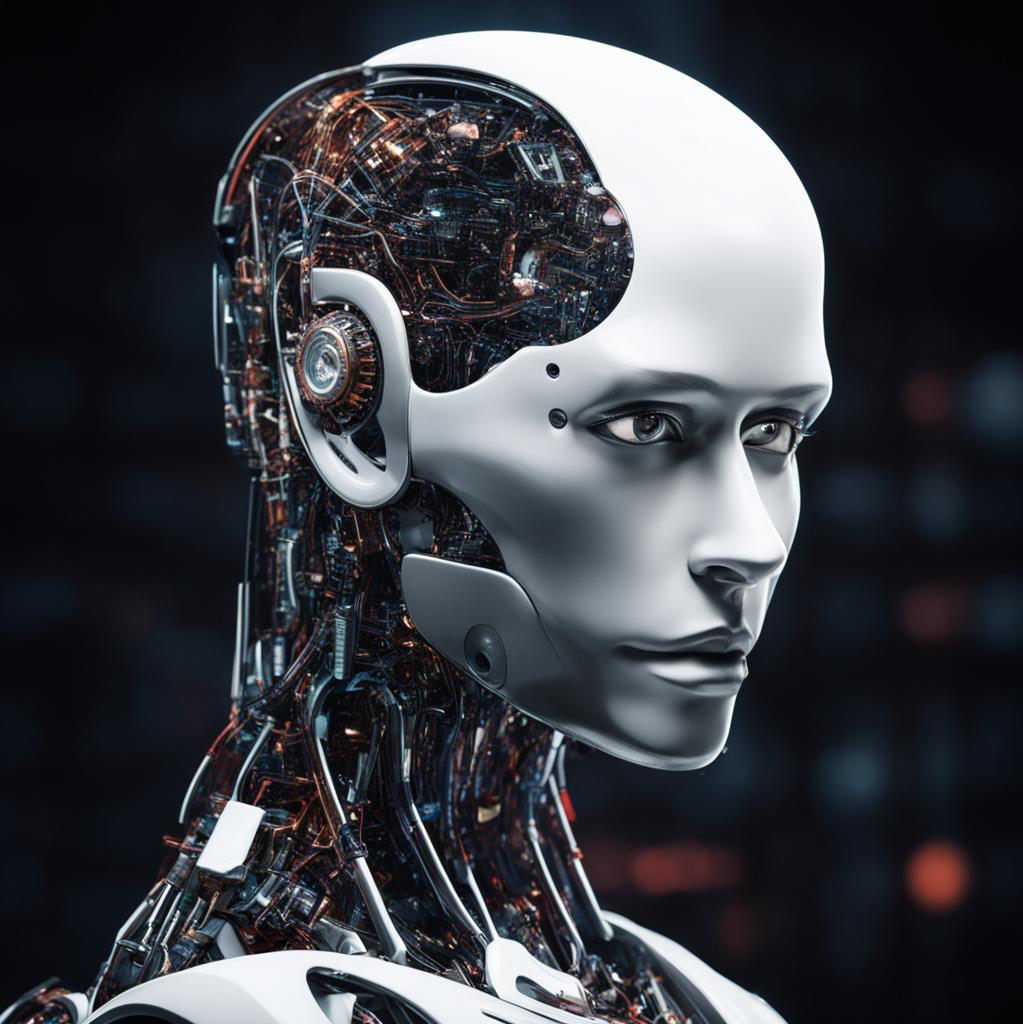Welcome to the future of construction where artificial intelligence is revolutionizing how projects are planned, executed, and managed. Gone are the days of manual resource allocation and guesswork – AI is here to streamline processes, optimize efficiency, and maximize productivity in the construction industry. In this blog post, we will explore the exciting world of AI in construction and delve into how it can transform resource allocation for better project outcomes. Let’s embark on this innovative journey together!
Benefits of AI in Construction Projects
AI in construction projects comes with a multitude of benefits that are reshaping the industry. One significant advantage is improved safety on job sites through predictive analytics and real-time monitoring, reducing accidents and ensuring worker well-being.
Efficiency is another key benefit as AI algorithms can analyze data quickly to optimize project timelines and resource allocation. This leads to cost savings for companies while increasing productivity levels across various tasks.
AI enhances decision-making processes by providing valuable insights based on data analysis, enabling project managers to make informed choices promptly. Communication among team members also improves as AI tools streamline collaboration and information sharing.
The use of AI in construction projects contributes to sustainability efforts by optimizing energy consumption and reducing waste materials. Integrating AI technology into construction projects brings about a new era of innovation and progress in the industry.
Challenges and Solutions for Implementing AI in Construction
Implementing AI in construction projects comes with its own set of challenges. One major hurdle is the initial investment required to adopt AI technologies. Many construction companies may be hesitant due to the upfront costs involved.
Another challenge is integrating AI systems with existing processes and workflows seamlessly. This can lead to resistance from employees who are not familiar with or resistant to change.
Data privacy and security concerns also arise when implementing AI in construction. Ensuring that sensitive information remains protected is crucial for successful implementation.
To overcome these challenges, proper training and upskilling programs should be implemented to educate staff on how AI can enhance their work efficiency. Collaborating with experienced AI providers can also help navigate through the complexities of integration smoothly.
By addressing these challenges head-on, construction companies can unlock the full potential of AI technology for improved project outcomes and resource allocation.
Successful Implementation of AI in Construction Companies
Imagine a world where construction companies can optimize their projects with the help of artificial intelligence. Several successful case studies have demonstrated the power of AI in transforming the way construction tasks are managed and executed.
One such example is a large-scale infrastructure project that utilized AI algorithms to analyze data and predict potential risks, resulting in significant cost savings and improved safety measures. Another case study involved implementing AI-powered drones for site inspections, leading to increased efficiency and accuracy in monitoring progress.
By harnessing AI technology, construction companies have been able to streamline processes, enhance decision-making capabilities, and ultimately deliver projects more efficiently. These success stories serve as inspiration for others in the industry to embrace innovation and leverage AI for sustainable growth.
How AI can Improve Resource Allocation in Construction
Artificial Intelligence (AI) is revolutionizing resource allocation in the construction industry. By analyzing vast amounts of data, AI can predict project timelines more accurately and allocate resources efficiently.
AI algorithms can optimize schedules, materials procurement, and labor distribution to minimize delays and maximize productivity. This results in cost savings for construction companies and faster completion times for projects.
AI can assess risk factors and suggest adjustments in real-time to ensure smooth operations on-site. By continuously learning from past projects, AI improves its resource allocation strategies over time.
With AI’s ability to handle complex calculations quickly and accurately, it enables project managers to make informed decisions promptly. This leads to better resource utilization throughout the construction process.
Implementing AI technologies in resource allocation empowers construction companies with valuable insights that drive efficiency and effectiveness in their projects.
Conclusion
Implementing AI in construction projects can revolutionize the industry by enhancing resource allocation, increasing efficiency, and reducing costs. By harnessing the power of artificial intelligence, construction companies can optimize their operations and stay ahead of the competition. As technology continues to advance, embracing AI in construction will become increasingly essential for companies looking to thrive in a rapidly evolving market. With careful planning and strategic implementation, AI can pave the way for a more innovative and sustainable future in construction.
